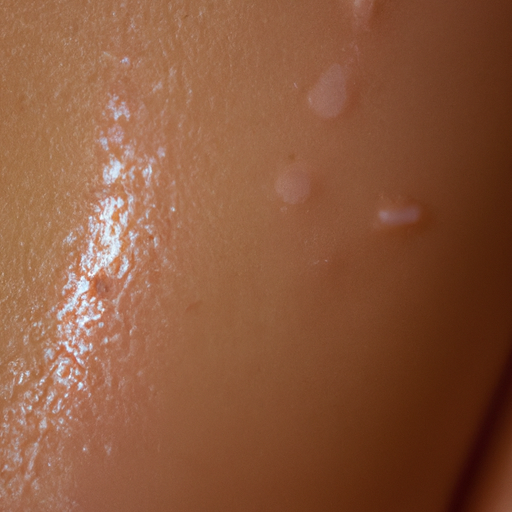As a dermatologist, I’ve had countless patients come to me with concerns about oily skin. The shine, the greasiness, the breakouts – it can all be quite frustrating. However, there are several ways to manage oily skin effectively, and today, I’ll be sharing some of the best-kept secrets in the dermatology world that can help you tackle this issue.
Firstly, it’s crucial to understand what causes oily skin. Our skin has sebaceous glands that produce sebum, a natural oil that helps protect and hydrate the skin. However, certain factors like genetics, hormonal changes, or even stress can cause these glands to overproduce sebum, leading to oily skin.
Now, let’s delve into the dermatologists’ treasure trove of solutions for managing oily skin:
1. Choose the Right Cleanser: Not all cleansers are created equal. For oily skin, look for a product that is oil-free and non-comedogenic (won’t clog pores). Gel-based or foaming cleansers are usually a good choice as they effectively remove excess oil without stripping your skin of its natural moisture.
2. Don’t Skip Moisturizer: This might seem counterintuitive, but moisturizing is essential even for oily skin. Skipping this step can actually cause your skin to produce more oil to compensate for the lack of moisture. Opt for a lightweight, oil-free moisturizer that hydrates without adding shine.
3. Use a Toner: Toners can help balance your skin’s pH levels and control oil production. Look for toners with ingredients like witch hazel or salicylic acid that are known to reduce oil and soothe inflammation.
4. Exfoliate Regularly: Exfoliating helps remove dead skin cells that can clog pores and increase oil production. However, be careful not to overdo it as it can irritate your skin and trigger more oil production. Aim to exfoliate once or twice a week.
5. Incorporate Retinoids: Retinoids, derived from vitamin A, can help reduce oil production and unclog pores. They’re often available in prescription-strength treatments, but there are also over-the-counter products with lower concentrations of retinol that can be effective.
6. Stay Hydrated and Maintain a Healthy Diet: Drinking plenty of water and eating a balanced diet rich in fruits, vegetables, and lean proteins can help regulate your body’s overall functioning, including oil production.
7. Consider Professional Treatments: If your oily skin persists despite your best efforts, it may be time to consider professional treatments. Chemical peels, laser treatments, and certain types of light therapy can help reduce oil production and improve the overall appearance of your skin.
Remember, everyone’s skin is unique, and what works for one person might not work for another. It’s always best to consult with a dermatologist before starting any new skincare regimen.
Lastly, it’s important to note that having oily skin isn’t all bad. The natural oils your skin produces help keep it moisturized and youthful-looking. With the right care and management, you can control the shine without sacrificing the health of your skin.
Unmasking the shine of oily skin doesn’t mean stripping it of its natural oils but rather managing its production to maintain a healthy balance. As dermatologists, our goal is to help you understand your skin better and provide solutions that work for you. With these secrets in your skincare arsenal, you’ll be well on your way to achieving a healthier, more balanced complexion.



